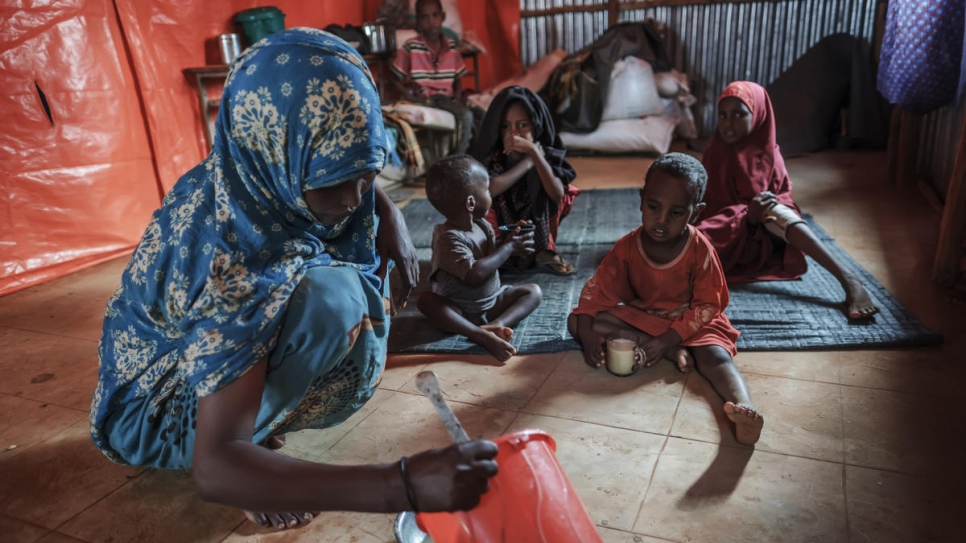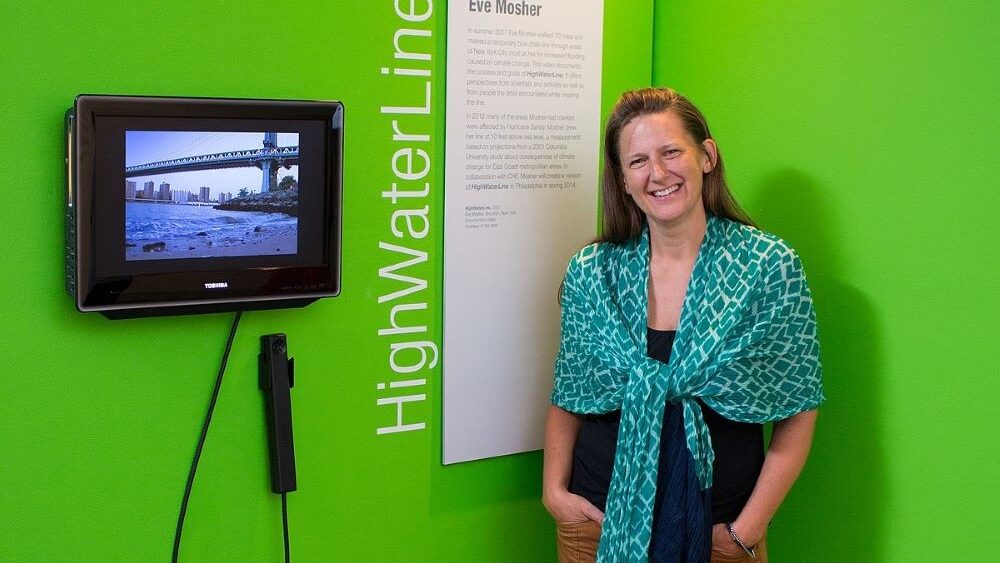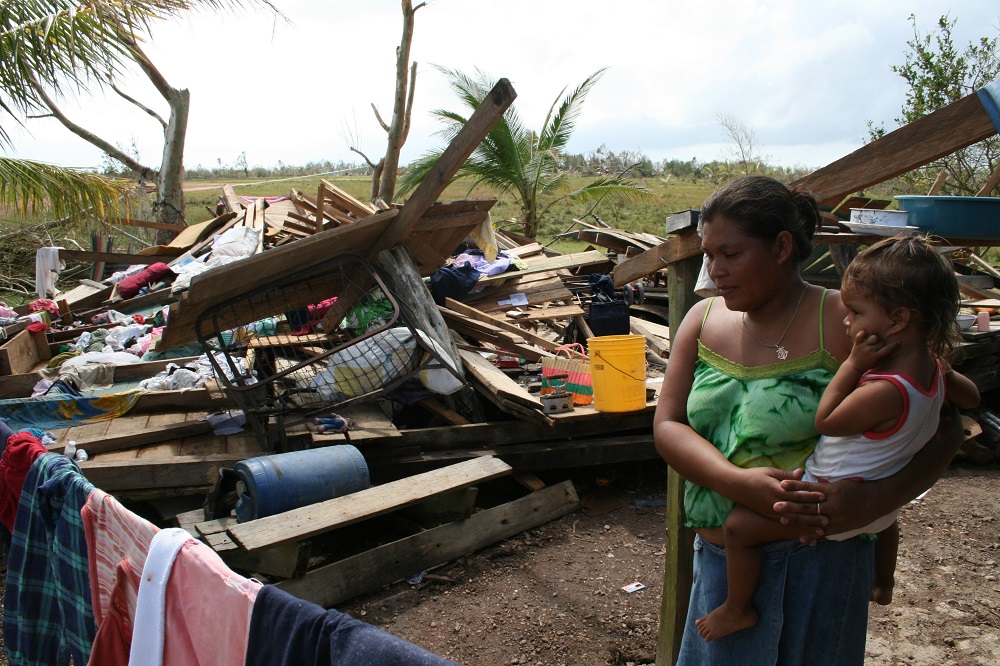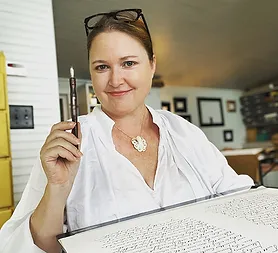By Katie Nguyen in Dollo Ado, Ethiopia, 20 September 2019. Article first published on UNHCR’s website. Photo © UNHCR/Eduardo Soteras Jalil
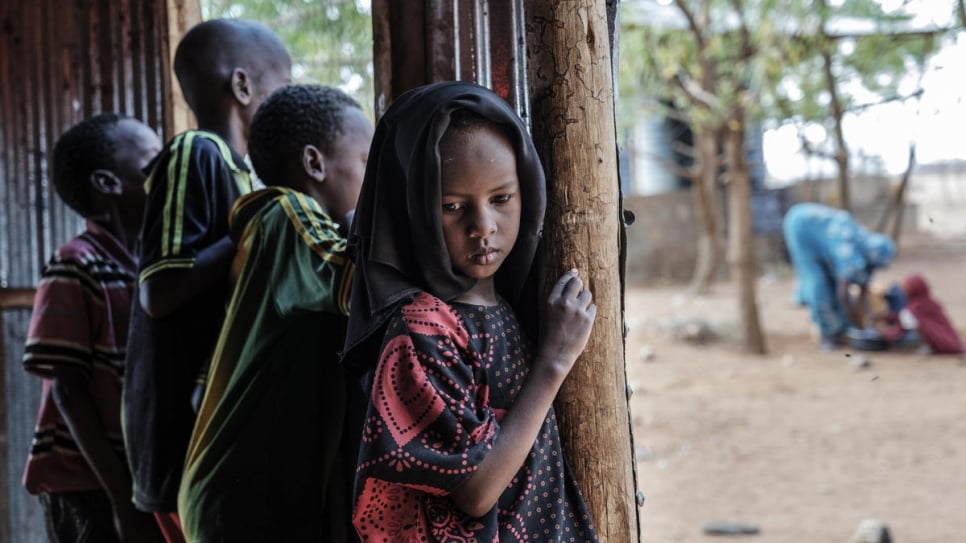
“We planted maize, tomatoes, sesame and other things along the river. Now, the river is dry and there is no rain. What is worse is that Al-Shabab force us to produce what we did not have,” he added.
The 53-year-old farmer said he used to grow and sell tobacco until Al-Shabab banned it. Despite the loss to his income, he said he faced constant harassment from the group to pay a “tax” of US$1,500 — a sum that he could ill afford.
He is not alone. Several Somali families in Dollo Ado said communities must either pay Al-Shabab or hand over their children for military training. Like many newly arrived refugees, Barwako voiced fears that her sons would be forcibly recruited by Al-Shabab if they stayed in Somalia much longer.
“My children are growing and are also at risk of being taken away as fighters. That’s why I came here so they can go to school so their future can be better,” she said.
UNHCR, the UN Refugee Agency, is increasingly concerned about the risk of climate-related displacement of people, either within their own countries or across borders.
The Global Compact on Refugees, adopted by an overwhelming majority in the UN General Assembly in December 2018, directly addresses this growing concern. It recognizes that ‘climate, environmental degradation and natural disasters increasingly interact with the drivers of refugee movements.’
“We are receiving reports from new arrivals about cattle loss, scarcity of water.”
Muhammad Harfoush, Protection Officer at UNHCR’s Melkadida sub-office, said insecurity and worsening drought were clearly driving the spike in new arrivals to Ethiopia: “Security remains their strongest concern in Somalia but also, the drought is affecting everybody.
“We are receiving reports from new arrivals about cattle loss, scarcity of water, inability to move around to look for water. Life is becoming very challenging.”
The Dollo Ado reception centre lies just three kilometres from the border with Somalia. With the increased arrivals, sometimes as high as 80 people per day, there is not enough space to accommodate everyone. Families like Shalle’s are camped out on beds that have been pushed against the outer walls of the centre while they await registration and relocation to one of Melkadida’s five refugee camps.
Other families like Barwako’s are being housed temporarily in the grounds of a school run by one of UNHCR’s partners, World Vision, in Bur Amino.
The shortage of available shelters is a major challenge for UNHCR, which plans to provide more shelters to accommodate the growing number of refugees arriving from Somalia.
Despite the overcrowding in the Dollo Ado reception centre, Shalle has found some solace since reaching Ethiopia.
“I have been sleeping well since I arrived,” he said.
The UN will host the 2019 Climate Action Summit in New York on 23 September to address the challenge of a changing climate. UNHCR is joining the appeal, calling for urgent international action to prevent and mitigate climate-induced displacement.
Learn more about the UN Refugee Agency

